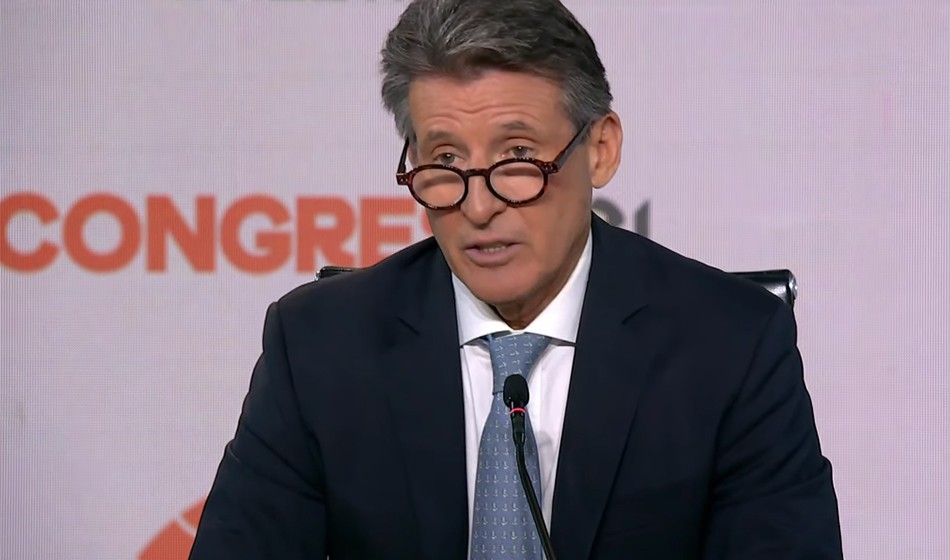
Global governing bodys president Seb Coe says his council is guided by over-arching principle to protect the female category
World Athletics has decided to exclude transgender women who have gone through male puberty from female events.
In a strong move which will be applauded by female athletes around the planet, the governing bodys president Seb Coe said that following a review earlier this year there is insufficient evidence that trans women do not retain advantages over biological women.
The ban will begin on March 31 and Coe said: The council agreed it must be guided by our over-arching principle which is to protect the female category.
Coe added a working group will be established to do further research in transgender eligibility guidelines with a remit to consult specifically with transgender athletes to seek views on competing in athletics.
For DSD (Differences of Sexual Development) athletes, new regulations will require any relevant athletes to reduce their testosterone levels below a limit of 2.5nmol/L for a minimum of 24 months to compete internationally in the female category in any event, not just the events that were restricted (400m to one mile) under the previous regulations.
This means the principle of restricted events has been removed from the regulations and the likelihood is that we will see fewer if any DSD athletes winning medals at major championships in future.
A World Athletics statement added: In terms of DSD regulations, World Athletics has more than 10 years of research and evidence of the physical advantages that these athletes bring to the female category.
However, there are currently no transgender athletes competing internationally in athletics and consequently no athletics-specific evidence of the impact these athletes would have on the fairness of female competition in athletics.
In these circumstances, the Council decided to prioritise fairness and the integrity of the female competition before inclusion.
The ban is specifically for female World Rankings competition, which raises the question of whether the ruling will be enforced in grassroots competitions such as club-level events like road relays or fell races.
Coe added: Decisions are always difficult when they involve conflicting needs and rights between different groups, but we continue to take the view that we must maintain fairness for female athletes above all other considerations.
We will be guided in this by the science around physical performance and male advantage which will inevitably develop over the coming years. As more evidence becomes available, we will review our position, but we believe the integrity of the female category in athletics is paramount.
Russian ban lifted but nation remains suspended due to war
The seven-year suspension of the Russian athletics federation (RusAF) due to its breaking of anti-doping rules has been lifted. But the nations athletes, coaches and officials, plus those in Belarus, remain barred from international athletics due to the invasion and ongoing war in Ukraine.
Coe said the ban would be for the foreseeable future and that the nation must comply with 35 special conditions that aim to maintain the anti-doping reforms.
Coe praised the Herculean work of Rune Andersen and the Taskforce members for staying the course and helping us to resolve a major integrity issue in our sport.
He added: It has been a mammoth undertaking over seven years but their commitment and diligence has given the Council confidence that the Russian Federation has reformed its structure and culture and is now on the right path in terms of addressing doping issues. It is important that RusAF continues on this path, but we are confident the Athletics Integrity Unit has the expertise to monitor and assess the situation going forwards.
For the full World Athletics decisions from this weeks council meeting, see here.
